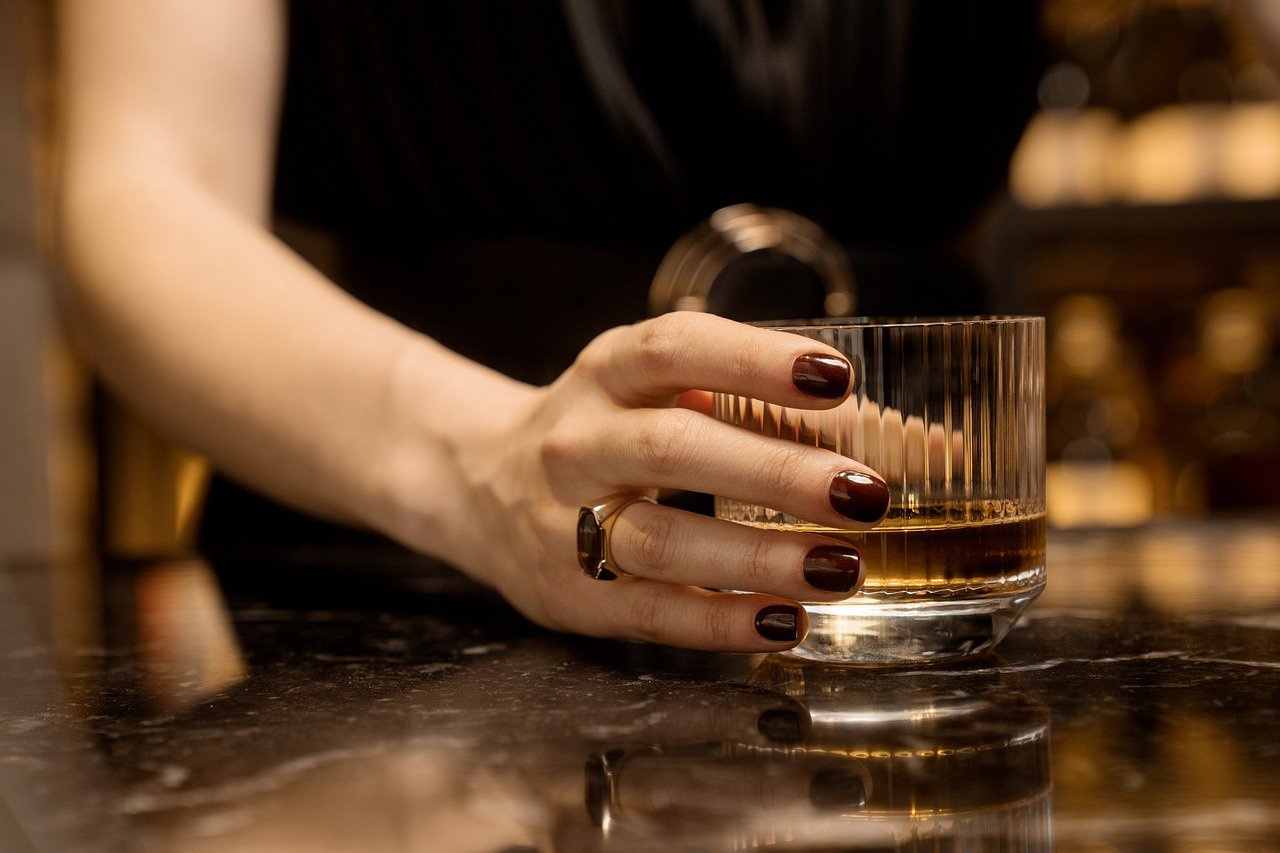
03 Feb Alcohol and the Brain
This article is reprinted from app, Reframe.
We’ve all seen it play out on the movie screens: characters drowning their sorrows at a bar after a bad day or celebrating good news with a champagne toast. Alcohol, for better or worse, has woven its way into many of our social interactions. But how does that occasional glass of wine or that celebratory shot influence our brain? Understanding this can be the first step toward building better alcohol consumption habits.
How We Become Habitual Drinkers
Our brain is an intricate maze of connections, and alcohol seems to know its way around this maze quite well. When we take a sip, the effects are not limited to our taste buds. Alcohol ventures further, reaching deep within the brain’s circuits.
The leading player in this story is dopamine. Dopamine is often labeled the “feel-good” neurotransmitter, and rightly so. When it’s released in the brain, we feel pleasure. Activities like eating, listening to music, and, yes, consuming alcohol can all trigger its release.
Now, here’s where things get interesting. Alcohol doesn’t directly give us pleasure. Instead, it boosts the dopamine levels in our brain, tricking it into thinking we’re doing something beneficial. Over time, as we associate alcohol with this dopamine-induced pleasure, a habit loop forms. We crave that drink not for the drink itself but for the dopamine high that follows.
But there’s a catch. The more we drink, the more our brain gets accustomed to these elevated dopamine levels. It starts expecting a dopamine rush with every drink, leading to increased alcohol consumption. This is how occasional drinking can sometimes lead to habitual use. The brain has been coaxed into a dopamine dependence that requires more and more alcohol to sustain.
However, we aren’t doomed to dependence forever. Recognizing this pattern and understanding the neuroscience behind our cravings can empower us to take control. If we know how alcohol manipulates our brain’s reward system, we’re better equipped to make different decisions. In the next few days, we’ll explore our triggers and find healthy ways to replace them.
What Can We Do Now?
We can start taking small steps to understand the science behind habitual alcohol use. Doing so will allow us to break free from unhealthy patterns and rewire our brains for healthier behaviors. Here are a few places to start:
- Educate yourself further. Delve deeper into the science of dopamine and alcohol. Knowledge is power! If you haven’t already done so, check out the articles in the first few days of your daily tasks. (If you read them when you joined Reframe, you might want to check them out again.)
- Drink mindfully. The next time you have a drink, be conscious of it. Try to differentiate between the taste of the alcohol and the subsequent feeling. Is it the alcohol you enjoy or the dopamine response?
- Seek balance. If you choose to drink, make sure it doesn’t become a primary source of pleasure. Engage in other dopamine-boosting activities — exercise, spending time with loved ones, or taking up a hobby.
- Have open conversations. Talk to friends and family about the science behind drinking. Sharing knowledge doesn’t only help you; it can also empower your loved ones. You can also join one of our daily community meetings or pop into the Forum for support from fellow Reframers.
Concluding Thoughts
While people often enjoy the relaxation or euphoria that comes with a drink, it’s essential to remember the science behind it. Alcohol plays a clever game with our brain, but with understanding and mindfulness, we can enjoy it responsibly and build better drinking habits.
We should be in charge of our habits, not the other way around. So the next time you raise a glass, remember dopamine’s role and ask yourself, “Am I leading, or am I being led?”
Want to take it a step further?
Try the Reframe App for one month, free! This science-backed program helps you reach your drinking goals and make lasting changes. 91% of Reframe users reported a significant reduction in alcohol consumption within 3 months.
Ready to change your relationship with alcohol? Email julie@wholewellnesstribe.com and get one month free!
